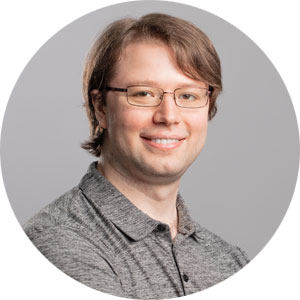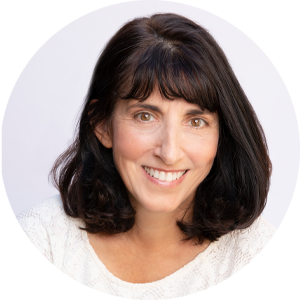CS Welcomes Three New Faculty
Josh Alman, Toniann Pitassi, and Richard Zemel join the department. They will facilitate research and learning in CS theory, machine learning, and artificial intelligence.
 Josh Alman
Josh Alman
Assistant Professor
PhD Computer Science, Massachusetts Institute of Technology 2019
MS Computer Science, Stanford University 2016
BS Mathematics, Massachusetts Institute of Technology 2014
Josh Alman is a theoretical computer scientist who works broadly throughout algorithm design and complexity theory. His current research focuses on algorithms for fundamental algebraic problems. In particular, he is interested in how quickly one can multiply matrices and compute important linear transforms like Fourier transforms, and how to apply algebraic tools like these to new problems throughout computer science.
Alman joins the Theory Group and looks forward to working with students who have a background in theoretical computer science or mathematics on various projects. This Fall, he will teach a graduate class on algebraic techniques in algorithms and complexity.
 Toniann Pitassi
Toniann Pitassi
Jeffrey L. and Brenda Bleustein Professor of Engineering
PhD Computer Science, University of Toronto 1992
MS Computer Science, Pennsylvania State University 1985
BS Chemistry & Computer Science, Pennsylvania State University 1985
Pitassi’s research area is computational complexity: what are the inherent limitations on the resources (time, space, randomness) required to solve fundamental computational problems? An important direction aimed at resolving the ultimate question of this type, the P versus NP question, is propositional proof complexity, which studies the difficulty of proving tautological statements in standard proof systems. She has also worked extensively in communication complexity which studies how much information must be communicated between two or more players in order to compute a joint function of their inputs. Her other research interests lie in the foundations of machine learning, particularly in the areas of privacy, fairness, and reproducibility.
Previously Pitassi was the Bell Research Chair at the University of Toronto, a Canadian Institute for Advanced Research research chair, and a research lead at the Schwartz-Reisman Institute for Technology and Society. She currently holds a five-year appointment as visiting professor at the Institute for Advanced Study. Pitassi is the 2021 EATCS Award recipient and was an invited speaker at the International Congress of Mathematicians
At Columbia, Pitassi joins the department’s Theory Group and the Machine Learning Group. She is excited to collaborate with new colleagues and graduate students at Columbia and to explore New York. Her hobbies and outside interests are constantly changing with the latest being stained glass.
 Richard Zemel
Richard Zemel
Professor of Computer Science
PhD Computer Science, University of Toronto 1994
MS Computer Science, University of Toronto 1989
BA History and Science, Harvard University 1984
Richard Zemel’s research focuses on machine learning and artificial intelligence. He is also interested in natural intelligence, including neuroscience and cognitive science. His recent research targets learning with few labels and creating robust and controllable machine learning systems, which can transfer to a variety of tasks and domains. He also has a strong interest in algorithmic fairness.
Previously, Zemel was the NSERC Industrial Research Chair in Machine Learning at the University of Toronto, and co-founded and served as the Research Director of the Vector Institute for Artificial Intelligence. He is the recipient of an ONR Young Investigator Award, an NVIDIA Pioneer of AI Award, and is a Fellow of the Canadian Institute for Advanced Research.
This Fall, he will teach a course on Neural Networks and Deep Learning and will teach a seminar class on machine learning in the Spring term. Zemmel is looking for PhD students who are interested in machine learning to join his research group. In his spare time, he likes sports such as hockey, squash and biking, and eating.

